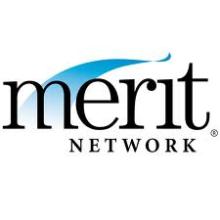Rural Cooperative Launches Educational Network in Northern Georgia
There was some good news at the end of August in Georgia, just in time for the new school year: a fiber optic network spanning 3,600 miles and potentially tying together up to 330 schools with 10 gigabit connections was announced. Dubbed the “Education Exchange,” the network is the product of an agreement between the rural cooperative North Georgia Network (NGN), private cable provider ETC Communications, and a private fiber optic ISP and infrastructure company called Parker Fibernet. Each of these three carriers’ existing fiber optic assets will provide a piece of the network, and all are connected to each other and to the broader internet in Atlanta.
While formed through a partnership of cooperative and private providers, the network will be governed by the schools themselves, which are spread throughout 30 different counties and reach across the northern third of the state, from the western border with Alabama to the eastern border with South Carolina. Both public and private schools will be able to connect.
The new network should allow schools to realize some significant cost savings from replacing phone lines with VOIP and dropping slower leased data connections. More interesting, however, are the educational and administrative applications of such fast direct connections: video conferencing for teachers and administrators between and within school districts; accessing bandwidth-intensive online educational materials; expanding access to wi-fi devices throughout schools; and pooling purchasing power of many districts to get discounts and expanded digital course content.
How each district and each school use the network will be up to them, but the possibilities are considerable. Some of the early schools that beta tested the network have already experimented by hosting real time virtual music collaborations between schools. Paul Belk, NGN’s CEO, described the motivations driving his cooperative to establish the network:
“The strength of our communities, our economy, and workforce all starts in our schools...as a community-owned company, it’s our job to give back and use our resources to better the next generation.”


